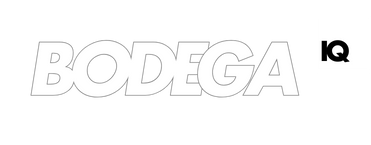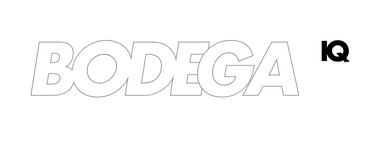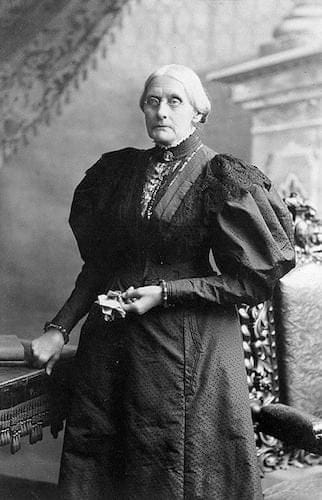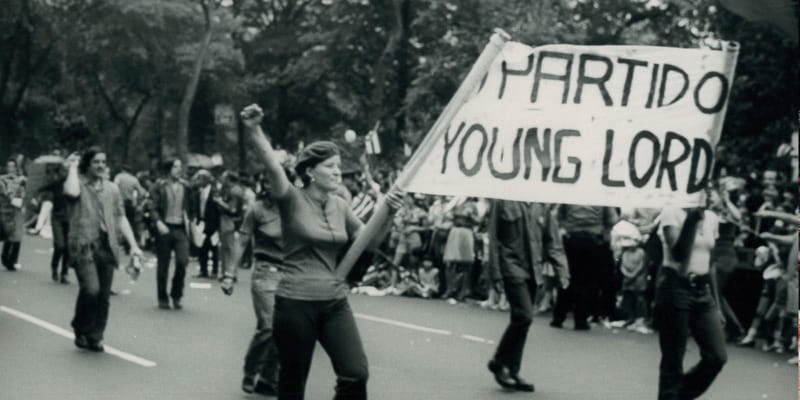Shifting Tides: Allegations of Right-Wing Influence in U.S. Entertainment Media
In the ever-evolving landscape of American entertainment, a contentious debate is emerging over the political leanings of media ownership and its impact on cultural narratives.
In the ever-evolving landscape of American entertainment, a contentious debate is emerging over the political leanings of media ownership and its impact on cultural narratives. Critics argue that a significant portion of U.S. entertainment media companies are now under the control of right-wing owners who are actively pushing cultural agendas to the right, often targeting and undermining left-wing public figures in the process. This shift, they contend, is reshaping the entertainment industry in ways that have profound implications for free expression and political discourse.
A Changing Media Ownership Landscape
Historically, the U.S. entertainment industry has been dominated by a mix of conglomerates with varying political affiliations. However, recent acquisitions and leadership changes have sparked concerns among media analysts and liberal advocates. Prominent media companies, once perceived as bastions of diverse political thought, are increasingly being helmed by executives with conservative ideologies.
For instance, the acquisition of major streaming platforms by conglomerates with known right-wing ties has intensified scrutiny. These new owners are accused of leveraging their platforms to promote conservative values, subtly influencing content, and prioritizing narratives that align with their political beliefs. This strategic pivot is seen by some as an attempt to sway public opinion and cultural norms through the pervasive reach of entertainment media.
Targeted Attacks on Left-Wing Figures
One of the most contentious aspects of this alleged shift is the reported targeting of left-wing public figures. High-profile entertainers, activists, and influencers who openly support progressive causes have found themselves at the receiving end of backlash. Critics claim that right-wing media owners are orchestrating campaigns to discredit these individuals, using both overt and covert methods.
A notable example is the case of renowned actress Jane Thompson, who has been an outspoken advocate for climate change initiatives. Following the acquisition of her primary network by a right-leaning conglomerate, Thompson experienced a sudden decline in media appearances and sponsorships. While officially attributed to creative differences, many observers believe this move was politically motivated, aiming to silence her progressive stance.
Similarly, left-leaning musicians and comedians have reported increased censorship and reduced visibility on mainstream platforms. These artists argue that their content is being suppressed or altered to fit a conservative agenda, limiting their ability to reach and influence their audience effectively.
Economic Leverage and Content Control
Beyond targeted attacks, economic strategies are also being employed to steer the cultural conversation. Right-wing media owners are purportedly using their financial clout to influence content creation and distribution. By prioritizing projects that align with their political ideologies, these owners can shape the narratives that gain prominence in the public sphere.
For example, funding for documentaries and series that highlight conservative perspectives on social issues has surged, while projects with liberal themes struggle to secure backing. This financial bias not only affects the diversity of available content but also marginalizes progressive voices within the industry.
Moreover, advertising partnerships are being strategically aligned with political objectives. Brands that support left-wing causes are finding it increasingly difficult to secure advertising deals with major media outlets now under conservative ownership. This economic pressure serves as another tool to suppress liberal messaging and promote a right-leaning cultural agenda.
The Role of Social Media and Digital Platforms
In addition to traditional media channels, social media and digital platforms play a crucial role in this dynamic. Allegations have surfaced that right-wing owners are influencing algorithms and content moderation policies to favor conservative viewpoints while restricting liberal discourse. This manipulation of digital spaces further entrenches political divides and limits the organic spread of diverse ideas.
Digital influencers with progressive messages report increased shadowbanning and decreased engagement metrics following changes in platform ownership. These tactics effectively diminish their reach and impact, curtailing their ability to mobilize support and advocate for social change.
Counterarguments and Industry Perspectives
Despite these allegations, some industry insiders and right-leaning commentators argue that claims of widespread right-wing control are overstated. They contend that the entertainment industry remains a battleground of diverse political opinions, with numerous voices from across the spectrum actively contributing to cultural narratives.
Proponents of this view highlight successful projects and influential figures that continue to embody progressive values, suggesting that the industry still provides ample space for left-wing perspectives. They argue that the market-driven nature of entertainment ensures a balance of political content, driven by audience demand rather than ownership ideology alone.
Furthermore, some executives under scrutiny have publicly rejected claims of political bias, emphasizing their commitment to creative freedom and diverse storytelling. They assert that decisions regarding content and talent are based on artistic merit and audience engagement, not political agendas.
Expert Insights: Navigating the Political Divide
Media experts are divided on the extent of right-wing influence in the entertainment industry. Dr. Laura Mitchell, a professor of Media Studies at Columbia University, acknowledges that ownership can impact content but emphasizes the complexity of attributing broad cultural shifts to political ideology alone. “While ownership does play a role in shaping media narratives, it’s essential to consider the interplay of market forces, audience preferences, and creative autonomy that also drive the industry,” she explains.
Conversely, political strategist Mark Thompson argues that the consolidation of media ownership under right-wing entities has tangible effects on cultural discourse. “When a handful of companies control the majority of media outlets, their political leanings inevitably seep into the content they produce and promote. This creates an environment where certain viewpoints are amplified while others are systematically diminished,” he asserts.
Implications for Free Speech and Democratic Discourse
The alleged politicization of entertainment media ownership raises significant concerns about free speech and democratic discourse. If media platforms become tools for advancing specific political agendas, the diversity of ideas essential for a healthy democracy could be compromised. The potential for media bias to influence public opinion and shape societal values underscores the importance of maintaining a pluralistic and independent media landscape.
Moreover, the targeting of left-wing public figures not only stifles individual voices but also discourages broader participation in public discourse. When activists and artists fear repercussions for their political beliefs, the richness of cultural and political dialogue suffers, hindering progress toward a more inclusive and equitable society.
Looking Ahead: Seeking Balance and Accountability
Addressing these concerns requires a multifaceted approach that promotes media transparency, ownership diversity, and accountability. Encouraging a broader range of ownership structures, such as cooperatives and nonprofit media organizations, can help mitigate the concentration of power and ensure a more balanced representation of political viewpoints.
Additionally, implementing stringent regulations on media ownership and content manipulation can safeguard against undue political influence. Establishing independent oversight bodies to monitor media practices and enforce ethical standards is crucial in maintaining the integrity of the entertainment industry.
Furthermore, fostering a culture of critical media consumption among audiences can empower individuals to recognize and challenge biases in the content they consume. Media literacy programs and public education initiatives play a vital role in equipping citizens with the tools to navigate the complex media landscape and advocate for diverse and unbiased storytelling.
Conclusion: The Future of Media in a Polarized Society
As the United States grapples with deepening political polarization, the entertainment media industry stands at a crossroads. The allegations of right-wing ownership exerting undue influence on cultural narratives and targeting left-wing public figures highlight the urgent need for vigilance and reform. Ensuring that media remains a platform for diverse voices and perspectives is essential for preserving the democratic values of free expression and open discourse.
While the debate over media ownership and political bias continues, the path forward lies in fostering an inclusive and transparent media environment that upholds the principles of fairness and diversity. By addressing the challenges posed by concentrated ownership and promoting accountable practices, the entertainment industry can continue to serve as a vibrant arena for cultural and political expression, reflecting the multifaceted nature of American society.







